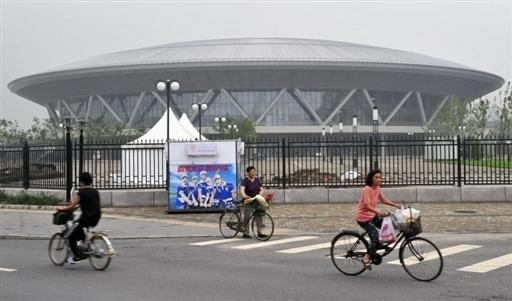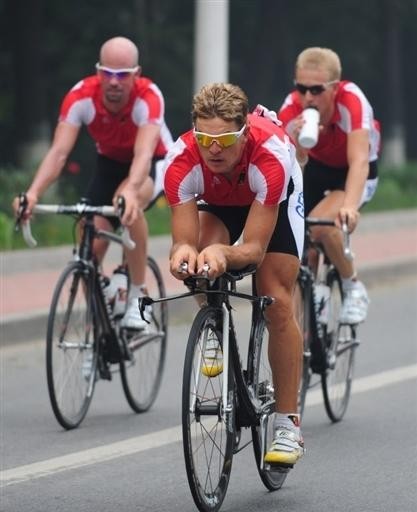Beijing Olympics – will poor air quality mean poor performance?
By Paul Verkuylen Ever since the International Olympic Committee granted Beijing the 2008 Olympic...


By Paul Verkuylen
Ever since the International Olympic Committee granted Beijing the 2008 Olympic Games, speculation has been rife as to whether the city's smog levels would drop below a suitable standard in time for the Games. Now, just a week before the games and the first endurance test of the Games, the road race, the pollution levels have been fluctuating in and out of the levels of PM10 (set at 50 micrograms/cubic metre) that the World Health Organization deem to be acceptable.
But what effect will the smog have on the athletes? One medical expert told Sky News Online that unless smog in the Olympic capital clears, athletes may find their times considerably reduced, and that we should not "expect any world records to be broken."
"Athletes breathe in ten times as much air into their lungs as spectators," Professor Frank Kelly, professor of environmental health at Kings College, London, told Sky News.
"The pollution will cause their lungs to decrease in diameter, so they will not be able to take as much air into their lungs, which will affect their performance. Some of the athletes will suffer severe reactions and all will see impacts on their health.
"They are pushing their bodies to their limits so pollution will have serious consequences," he added. It has been reported, because of this fact alone, many athletes have applied to be allowed to use asthma medication during the Games.
Smog combat
Get The Leadout Newsletter
The latest race content, interviews, features, reviews and expert buying guides, direct to your inbox!
China spent almost 18 million pounds in an attempt to clean up its capital and lower the pollution levels to that below The World Health Organisation standard. Since July 20, Beijing has halved the total number of cars on the road and has been closing factories and building sites around the city, some of which are dozens of kilometres away from the city.
To combat the smog, many countries have opted to skip the opening ceremony and fly in as late as possible.
"There is no way to acclimatise to dirty air," Heiko Salzwedel, Denmark's head coach told Cyclingnews. "The best thing to do is avoid it all together for as long as possible."
Many teams are also issuing their athletes with protective masks, which are to be worn right up until their events, in an attempt to limit the exposure to the harmful chemicals in the air.
To read the full feature, click here.